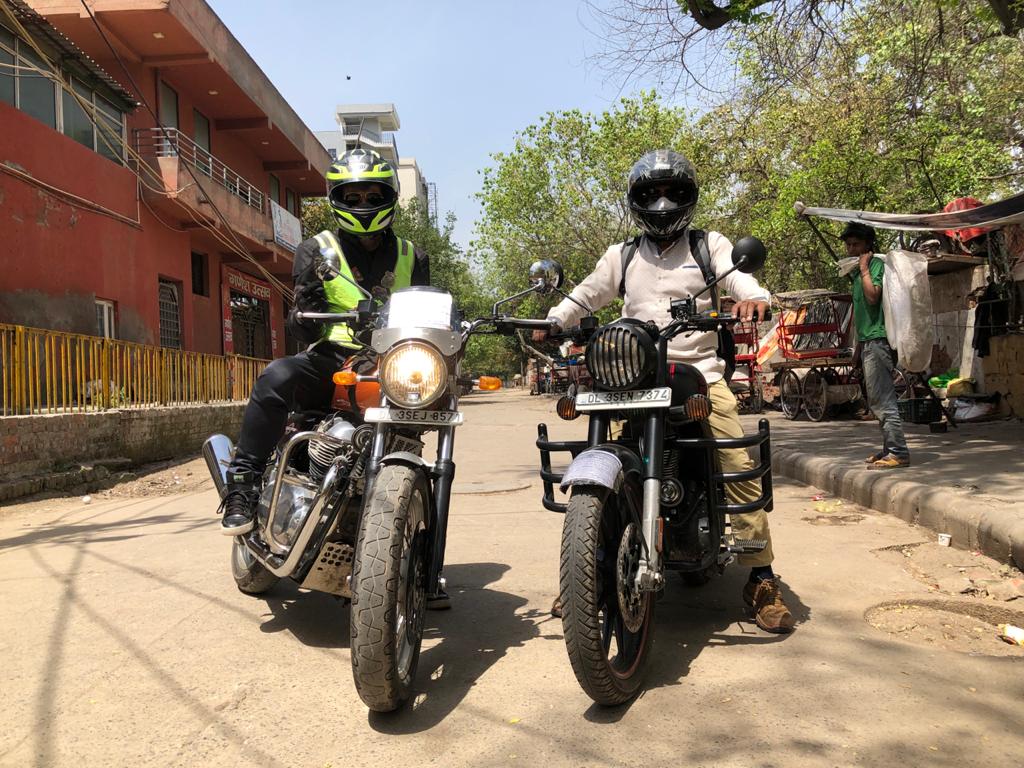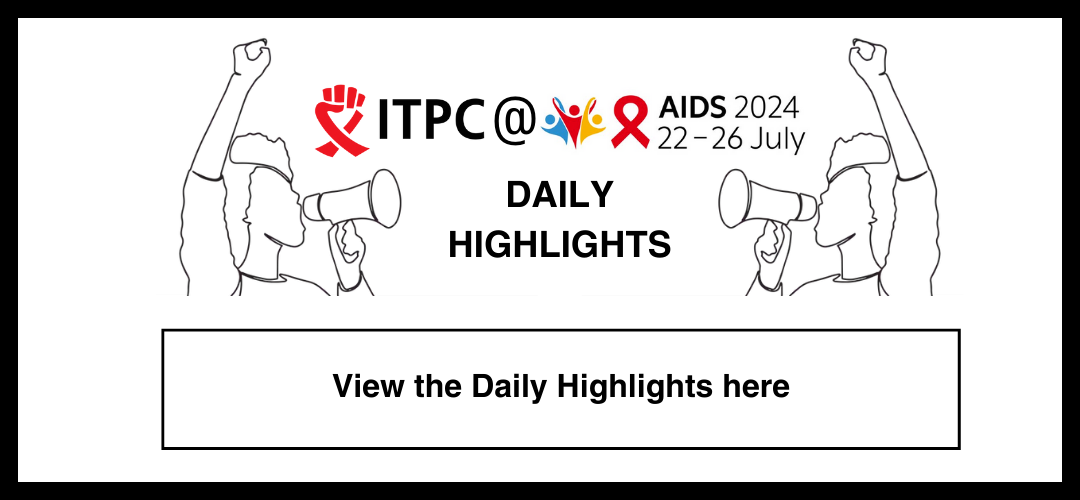“I was very uncomfortable because I was thinking that when the Government of India announce COVID-19 lockdown, our community will miss their ART [antiretroviral drug therapy],” says Loon Gangte, a long-time treatment activist with the International Treatment Preparedness Coalition South Asia (ITPC SA) and founder of Delhi Network of Positive People (DNP+).
Loon was right. On March 24, Indian national lockdown was mandated, immobilising about one-sixth of the planet’s population. It came about two months after the outbreak was declared a Public Health Emergency of International Concern by the World Health Organisation, on January 30. Caught in the crosshairs of the world’s biggest lockdown were more than two million people living with HIV in India.
“My mind was preoccupied with the direct impact of the lockdown on our adherence, our health and our lives. For people living with HIV, ART is our lifeline. If you mess with my treatment, you are violating my right to life,” he said.
Founded in 1999 by Loon and two friends in rehab, DNP+ exists to provide absolutely vital services for people living with HIV/AIDS in India’s capital area. But even Loon could hardly predict how far he would have to go to protect his community. His commitment would eventually take him on a literal journey, risking his own life to hand-deliver life-saving ART to people living with HIV across India.
Five days before the lockdown, Loon sent an impassioned e-mail to the National AIDS Control Organisation (NACO), with the subject: “how to ensure ART Adherence and uninterrupted ART supplies during corona crisis.” He demanded multi-month dispensing of HIV antiretroviral drugs, and special provisions so that people living with HIV would not miss their treatment during lockdown.
The strongly worded memo ended, “We hope you understand our concern, and we want to reiterate that our HIV virus is non-negotiable. Lockdown or total curfew may be imposed in the city or nationwide but PLHIV can’t afford to miss a single dose.”
For five nerve-racking days, Loon, his wife, and longtime friends Hari Shanker and Jay “JP” Prakash (two senior members of DNP+) awaited NACO’s response, forced to consider what desperate action they might soon have to take to maintain treatment access. NACO never replied, but did eventually issue COVID-19 guidance nationally for persons engaged in HIV/AIDS response under the national AIDS control programme. The guidance provides details on triaging of symptomatic PLHIV, and three-month ART-refills for recipients of care on first-line and second-line ART.
Most significantly for Loon, ITPC and DNP+, the NACO guidance contains a provision for community dispensation through home delivery by PLHIV networks, and other local action plans to be “developed in consultation with ART centers and community networks, to ensure that PLHIV receive uninterrupted ART supply without having to travel to ART centres every month, if COVID-19 outbreak scenario arises.”
Within hours of the guidance being released, the countrywide lockdown came into effect. At that time, there was no shortage of medicines or ART stock-out, fortunately. But Loon had much more practical concerns.
“I was worried that our ART adherence would still be seriously affected, as people would have no way to reach their ART Centre in hospital. Lockdown also presents a serious risk for our community developing drug resistance,” he said.
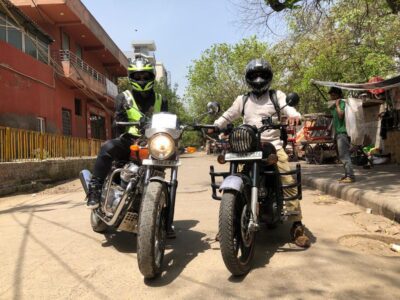
With pressure peaking, and with little or no funding or resources, Loon took a radical decision. Under the banner of the community dispensation provision, he would use his motorbike to personally deliver ART to anyone in need. A nearby ART centre agreed to contact them if recipients of care failed to show up (after two days) to collect their meds.
The scale of lost-to-follow-up quickly became apparent.
“On one day, we collected five boxes of first-, second- and third-line ART. This was a four-day backlog for 200 people living with HIV—150 people in Delhi and 50 on the outskirts of Delhi,” Loon said.
Loon, Hari and JP—the self-titled Covidherence Task Force—spent the next four weeks zipping around the locked down city, attending to emergency calls and community needs.
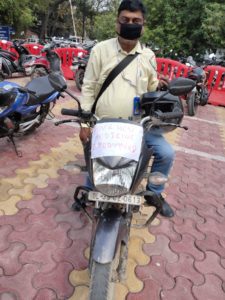
For the first nine frantic days, before they got official curfew permits from the Office of the Deputy Commissioner of Police South Delhi, Loon stuck a homemade poster with a big red cross and the words “HIV/HCV Medicine Provider” onto the windshield of his Royal Enfield Interceptor 650 roadster, just for some additional leverage with the cops.
The trio mapped out deliveries by zones and set out to help people living with HIV from across India—Aizawl Mizoram, Assam, Haryana, Utter Pradesh, Chandigarh, Punjab, Rajasthan, Bihar.
They would travel long distances to ensure people receive their medicines, at times checking the green book to ensure the correct treatment dose and medicine had been delivered.
“We are afraid of corona. We want to stay home. But the deadly virus that we host is non-negotiable. That’s why we work every day. We hardly sleep. I believe this pandemic illustrates the unique advantage of a PLHIV network, which other diseases like TB or even Hepatitis C do not have. How can we stay home if I know that my fellow community member is going to die without these medicines?” Loon said.
Long distances travelled by recipients of care to access medicines has been continuously cited as a treatment access barrier. To help one woman collecting ART with her son for her sick husband, Loon rode 230 kilometres (one way) from Delhi to Agra.
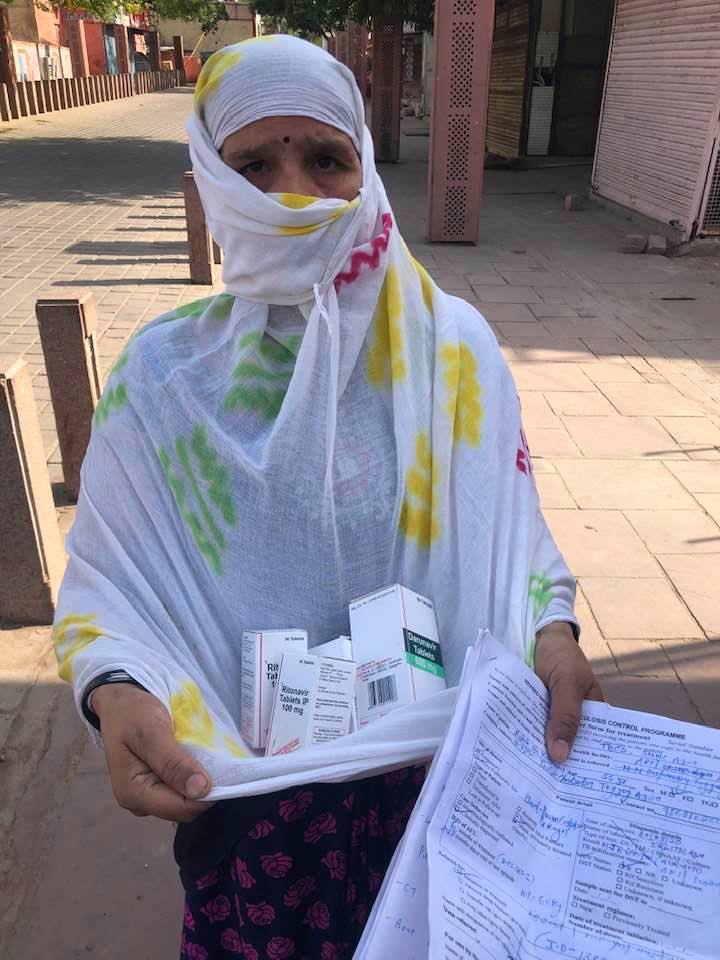
Meanwhile, back at the DNP+ office, five staff members were working day and night, taking urgent calls and encouraging callers to visit their respective ART Centre collect their medicine, irrespective of lockdown restrictions.
“In just four weeks, we contacted 700 people, delivered ART to about 200 people, and referred more than 50 or 60 to the nearest ART centre,” Loon said.

While working hard to meet demand, the team overcame serious challenges. Outdated phone numbers and incomplete addresses compromised timely delivery of medicines. Loon would arrive at a specified location only to discover that the intended recipient no longer lived there and hadn’t updated their new address with the hospital’s ART centre.
Another concern was the mixed reactions among the recipients of care, having their HIV drugs hand delivered during a lockdown in the pandemic. Disclosing HIV status among family and community members remains a challenge for people living with HIV, as stigma and discrimination continues to persist in many social settings.
“Some don’t say anything. Some expect more, like, ‘Are you going come again next time when my meds run out?’ Very few actually express their gratitude that we leave our home and extend our support to help them continue their treatment. But no matter what, irrespective of their feedback, we are sure that these people are not going to miss their ART dose and their adherence is intact in spite of lockdown. This makes us happy. This is exactly what ITPC and DNP+ are here for, to support our community who need it most.”
About DNP+
The Delhi Network of Positive People (DNP+) is long-standing partner of ITPC in South Asia. DNP+ is a PLHIV network that strives for the day when all who need treatment receive it & no one would suffer or die for lack of access to medicines. Since 2000, DNP+ has worked on service delivery, treatment literacy, community empowerment & advocating for access to medicines. They campaign against ARV stock-outs, against free trade agreements that threaten generic access & file patent oppositions on HIV & Hep-C medicines. Click here for more.
